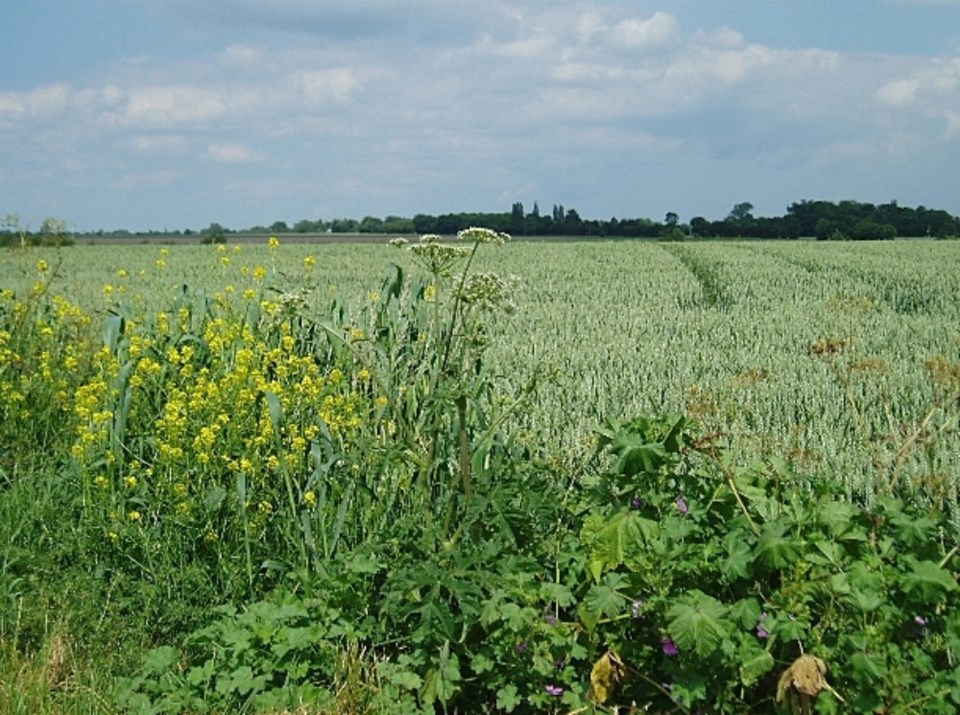It’s fair to say Jesus’s parables aren’t used in popular conversation these days. Before passing a new law, imagine a politician starting with: “We must strive to build our national house on the rock instead of the sand.”
This would likely make it into the news, but not for good reasons.
Still, these enigmatic stories about First Century life invite us to think and pray about God, ourselves, and the way we relate to each other. In recent months I’ve studied them for a writing project, and I must say I’ve gained a deeper appreciation for the parables as I, too, grapple to understand them.
There are 46 parables in the three synoptic gospels and my personal favourite is the parable of the sower and four types of soil. It goes something like this: Behold, a farmer goes forth to plant his seeds, and some fall by the roadside and are trampled on and devoured by crows; some seeds fall on stony ground where there isn’t much soil, and the resulting plants are scorched by the sun and wither away; other seeds fall among thorns, and are choked by them; yet other seeds are planted by the farmer in good soil, where they grow into a plentiful harvest.
For me, the seeds fallen beside the road represent those who hear Jesus’s message in passing, but who don’t really understand it.
I can relate. Even with an active spiritual practice, the more I learn about Jesus’s ministry the more I realize there is to learn.
The seeds fallen on stony ground represent those who hear Jesus’s message and rejoice. Yet when tribulations arise they easily get bumped off the path.
I can relate to that, too. Who enjoys hardship?
The seeds fallen among thorns point to those who understand part of the message, but become distracted by worldly delights and turn away from it.
Yup. Been there, done that.
Finally, the seeds planted in good ground represent those who understand Christ’s message, are not put off by the challenges, are able to resist the many distractions and temptations of the world, but instead discipline themselves to walk the path with expectation, joy and most of all love. According to the parable, Jesus promises those who do this will bear much fruit in their lives.
Mary Baker Eddy, the discover and founder of Christian Science, demonstrated what sowing good seed can accomplish. Growing up in a puritan household in New Hampshire, she loved the Bible from a young age and spent much of her life trying to understand its deeper meaning.
The biography Christian Healer recounts her many struggles and victories, including writing Science and Health, starting a new religious movement, and founding an international newspaper, The Christian Science Monitor. But this particular biography is unique from others in that it recounts hundreds of Mrs. Eddy’s verified healings—the fruit Jesus refers to in the sower parable.
In one instance, Mrs. Eddy was called to the home of a Lynn family whose emaciated toddler had suffered from bowel disease since an infant. Additionally, she found the husband confined to bed with rheumatism and their little daughter deaf. When she left the house thirty minutes later, all three cases had been healed.
Mrs. Eddy always credited God for the healing work and Christ Jesus for showing her the way. She showed that discipleship can be challenging, but that its fruits are worth striving for. By allowing God to utterly transform her thoughts, her heart, and her motives, she brought a healing movement to the world.
That is what sowing good seed means to me.
Matt Jackson has been fascinated by how science and religion relate to each other for as long as he can remember. He is a member of the Christian Science church in Victoria, BC, and has been a professional writer and editor for 27 years.
You can read more articles on our interfaith blog, Spiritually Speaking at /blogs/spiritually-speaking
*This article was published in the print edition of the sa国际传媒 on Saturday, September 17th 2022



